Do you know that Skin is the largest organ of the body??
Absolutely!! Our skin is in constant contact with its external surroundings, which means we should take diligent care of it regardless of the environmental stresses, be it winter’s chill, the heat of summer, rainy seasons, humidity, tropical climates, beachside breezes, or sunny weather.
Winters are the coldest, and skin can be affected by the cold and dry air. Dermatological care is necessary to avoid winter dermatoses like chilblains, asteatotic eczema, atopic eczema, psoriasis, cold urticaria, and dry fissured lips.
Curious about what these are?
Let’s understand and dive deeper to get a better grasp of the topic.
Dryness: Dryness refers to a lack of sufficient moisture or natural oils, resulting in a parched, rough, and often flaky texture. It can lead to discomfort, irritation, and a dull appearance.
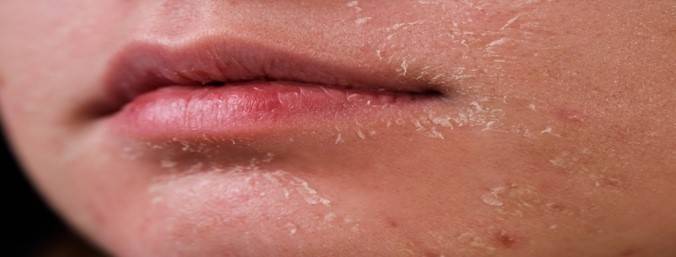
Chilblains: This is a medical condition that occurs in response to cold temperatures and damp conditions. The small blood vessels on the fingers, toes, ears, and nose, which constrict in response to cold, to reduce heat loss. But in chilblains, they don’t respond well to subsequent re-warming, resulting in red, itchy, swollen, painful skin with bluish discoloration.

Asteatotic eczema or Winter Itch: Your skin’s natural oils help keep it moist, but in asteatotic eczema, your skin loses these oils, leading to cracking.
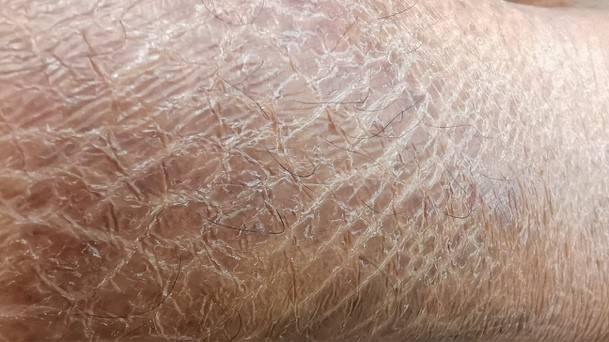
Worsening of Psoriasis: It is a common skin condition with raised, thick scaly patches commonly found on knees, elbows, and the scalp. Not contagious. But it can exacerbate during the winter months and need medical attention.
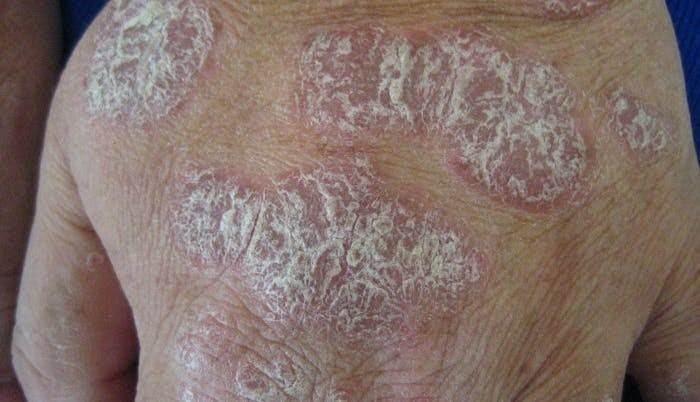
Atopic eczema is the most common skin rash in children. Comorbid symptoms like hay fever, allergic asthma, and food allergies are often encountered along the way. Winters sap the natural moisture from the skin, causing flares.
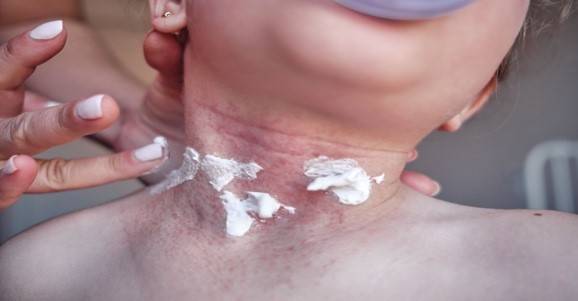
Cold urticaria: It’s like an allergic reaction to the cold. Skin becomes itchy, red, and develops hives when it comes in contact with cold temperatures or cold objects. They last for a short time after exposure to the cold and then disappear. Some people with cold urticaria can even experience more severe reactions, such as swelling of the lips and difficulty breathing. SOS medical attention is required for such people.
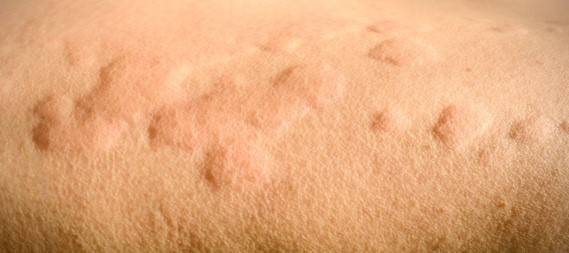
Dry fissured lips: lips become excessively dry, leading to the development of small cracks and fissures. This often results in discomfort, pain, and frequent licking of the lips. But constant licking and saliva itself can worsen the dryness, and it’s important to use lip balm or moisturizers to keep your lips hydrated rather than cracked.
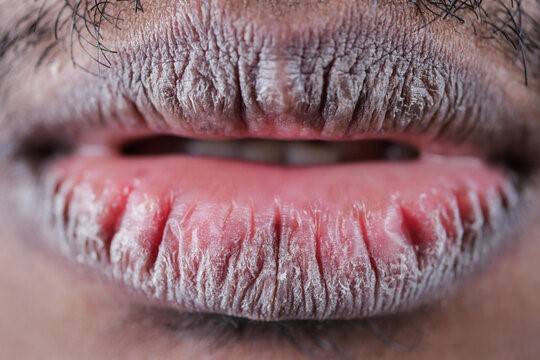
Your guide to healthy winter skin follows ahead:
- Hydrate Inside and Out: Drink plenty of water and use a rich, emollient moisturizer to create a protective barrier.
- Gentle Cleansing: Switch to a gentle, hydrating cleanser. Prefer syndet bars or oil soaps. Avoid harsh products and frequent cleansing. Aim for a once-daily cleanse.
- Stay Warm, but Not Too Warm: Strictly no to hot and prolonged showers. Opt for lukewarm water. Afterward, pat your skin dry and immediately apply moisturizer.
- Lip Care: Apply a moisturizing lip balm with SPF. Avoid licking your lips.
- Humidify Your Space: Indoor heating systems can reduce humidity levels, leaving your skin feeling parched. Consider using a humidifier in your bedroom to maintain a comfortable and moist environment.
- Dress Wisely: Wear layers to stay warm outdoors, but direct woolen clothes touching your skin act as irritants and should be deferred. Always wear a cotton layer underneath, and layer as many as you want on top. Don’t forget to wear gloves and shoes too!
- Sunscreen is Still a Must: Don’t let the chilly weather fool you – UV rays are still present in winter. Always apply a broad-spectrum sunscreen with at least SPF 30.
- Don’t Exfoliate Unless Necessary: Opt for a milder exfoliant to prevent over-drying. Consider using a chemical exfoliant like glycolic acid or lactic acid instead of physical scrubs.
- Nutrient-Rich Diet: Nourish your skin from within. Include foods like nuts and berries in your winter diet to help maintain a healthy skin.
Seek Professional Advice Always!: Consult a dermatologist when in vain.
Do contact us at the Venkat Center Bangalore for any more queries: Venkat Center
